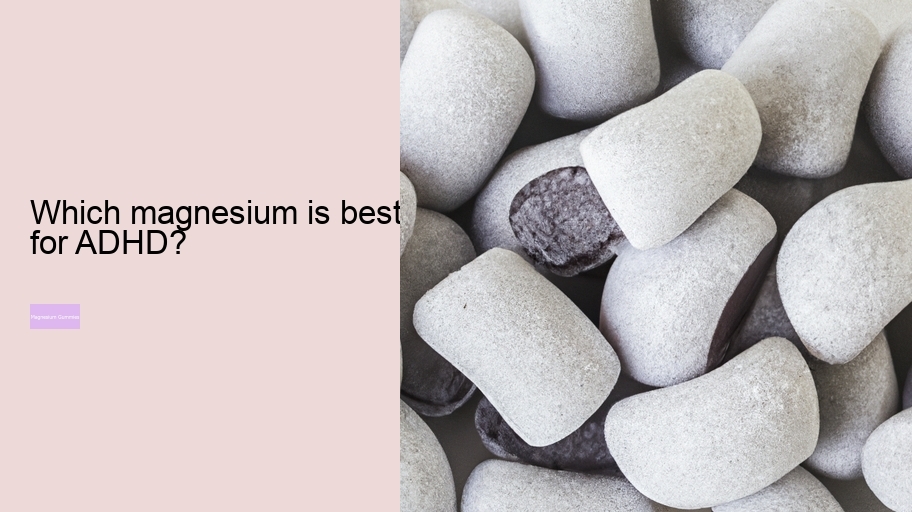If you're on medication, always consult a healthcare professional before adding a new supplement to your regimen. offers Magnesium is also beneficial for sleep, another crucial aspect of overall health. Magnesium gummies can be a convenient way to get these benefits. Each form has its pros and cons, so you might want to experiment to find which suits you best. The growing demand for clean and transparent labeling has reached the world of magnesium gummies.
Which magnesium is best for ADHD? - magnesium supplement
- offers
- omeprazole
- sugar
- magnesium supplement
- offers
Magnesium is essential for muscle recovery and can also help reduce cramps. omeprazole Always store them in a place that's out of reach of children to avoid accidental ingestion. This means you can enjoy your gummies without worrying about a spike in your blood sugar levels. Think of them as a tool in your broader wellness toolkit. Some people might be concerned about the sugar content in gummies.
There's a misconception that supplements like magnesium gummies are only for older adults or those with specific health concerns. While magnesium can be found naturally in foods like leafy greens, nuts, and whole grains, not everyone gets enough from their diet. On the positive side, they are convenient, tasty, and often more enjoyable to take than pills or capsules. magnesium supplement If you're new to taking magnesium supplements, it's often recommended to start with a lower dose and gradually increase it as your body adjusts. Taking magnesium gummies can be a straightforward addition to your daily routine.
Magnesium is also beneficial for bone health. Given its wide-ranging roles, it's no wonder that magnesium gummies are gaining popularity as an easy way to support overall health.
